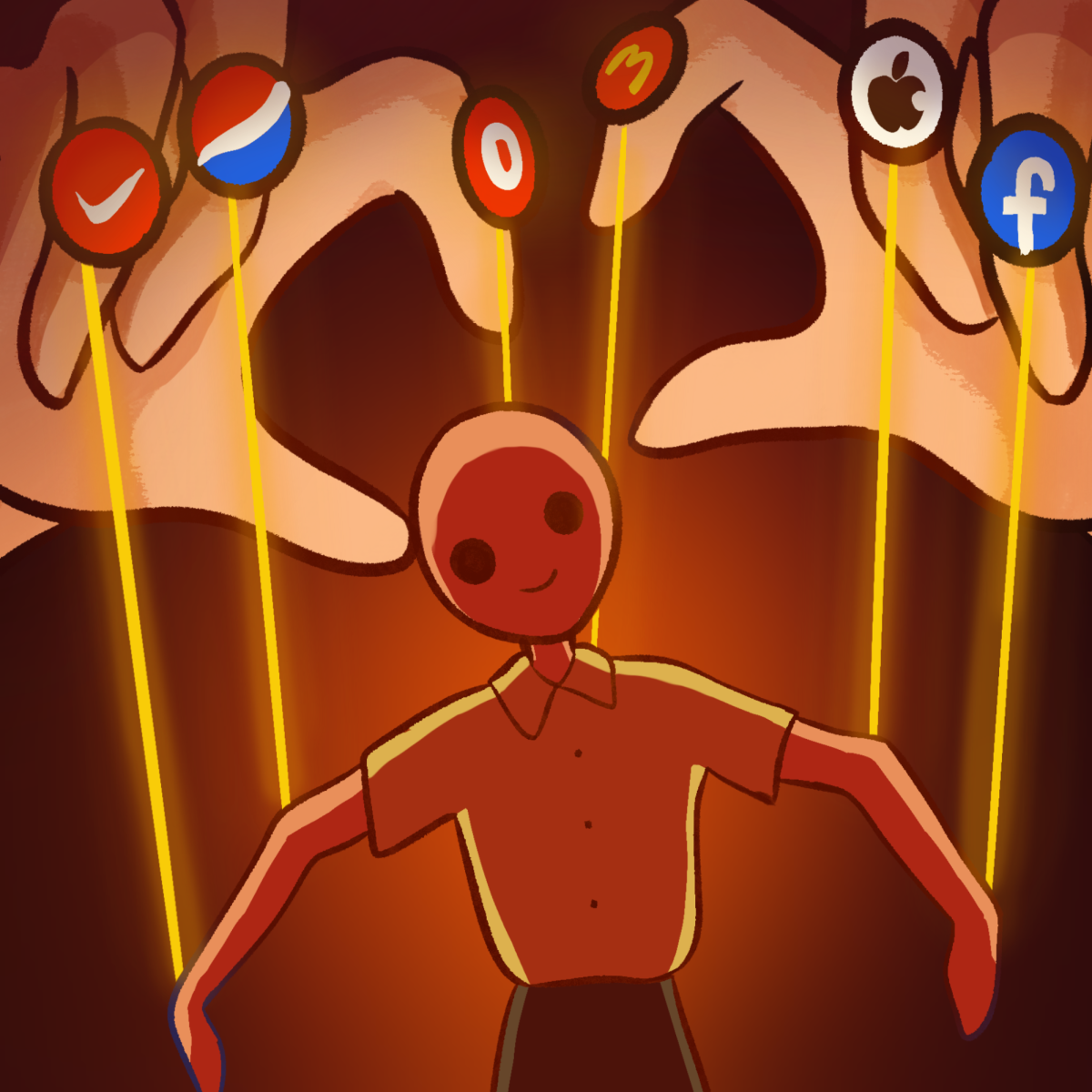In recent years, many companies have begun to take center stage in social justice campaigns. Although such corporations wed themselves to a particular cause under the pretext of creating an inclusive space for all prospective consumers and stakeholders, the true impact of their “advocacy” is dubious at best. Therefore, corporate advocacy does little to influence the socioeconomic landscape; rather, it has emerged as several corporations’ ticket to higher profit margins by feigning a sense of duty and commitment to their biggest assets: their people.
Chick-Fil-A, a family-owned chicken joint taking the fast food industry by storm, has found itself forging an unexpected entry into the realm of progressivism by presenting a certain public opinion regarding historically underrepresented minority groups. Over the years, Chick-Fil-A has built a loyal fanbase of conservatives due to chairman Dan Cathy’s affiliation with anti-LGBTQ organizations. However, the company has recently recruited a Diversity, Equity, and Inclusion (DEI) officer, reinforcing its seemingly unwavering commitment to “respect, understanding and dignity everywhere [it does] business.” This attempt to make the fast food restaurant synonymous with social change is quite obviously a facade when one considers its refusal to recognize the rights of all Americans. Starting with Dan Cathy’s crude remarks regarding the LGBTQ+ community in June 2012, Chick-Fil-A ultimately went down an increasingly homophobic path by donating to organizations that Forbes describe as testaments to “traditional marriage[s].” Chick-Fil-A’s DEI initiative is a thin veil that is a clear attempt to overshadow the human rights violations it perpetuates through its sizable donations to anti-LGBTQ organizations.
Chick-Fil-A may be aware of the plight of marginalized groups on paper, but its core values are still in line with a bigoted agenda that is simply contrary to a socially just society. By simulating a dedication to social responsibility, Chick-Fil-A is effectively expanding its target demographic and attempting to appease both sides of the political spectrum in order to make as much of a profit as possible. It is, therefore, self-evident that Chick-Fil-A is a poignant example of the complicated nature of aligning public stances with private convictions, especially at a time when ethical consistency is under intense scrutiny by the media.
Starbucks is yet another corporation that puts up a front to attract business, beckoning to customers through “rainbow capitalism” as seen in a lofty display of pride flags on storefronts while doing little else to conceivably benefit marginalized communities. An ABC report reveals former Starbucks CEO Howard Schultz’s belief that corporations “can’t create emotional attachment if [they] stand for nothing.” Evidently, Schultz’s main priority was never to be an ally, but rather to gain the trust of his consumers and, therefore, drum up an impressive profit.
In addition to acting under false pretenses to seemingly support the LGBTQ+ community, Starbucks has proven to fall short on its promise to advocate for social issues by being an opponent of unionizing its employees. Although this multi-billion-dollar company provides its workers with very competitive benefits including tuition reimbursement, hourly wages, health plans, and stock options on paper, it fails to deliver its promises and take proper care of its employees. A recent New York Times article displays an accurate picture of how dire the situation has become for those who once took pride in representing the coffee giant. According to the article, the cafes that have unionized have been penalized by cutting down hours of employees who have since then struggled to make ends meet. On the other hand, the cafes that have chosen not to unionize have reaped the benefits in the form of loosened dress code as well as allowing the customers to tip by credit card as opposed to just cash, which benefited the employees in select stores.
The food service industry serves as an excellent case study of the rampant fraud of all kinds of corporations in today’s business landscape. Too often, corporations abandon a sense of integrity by refusing to be transparent about their true values and objectives. After all, the same companies that denounce injustice are the ones that consistently perpetuate the grievances of their employees by condemning them to working under deplorable conditions with unjust pay.






































